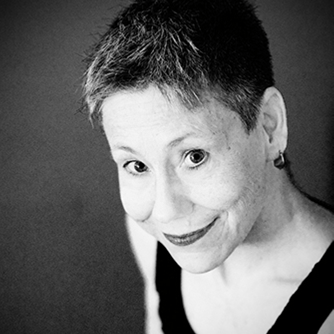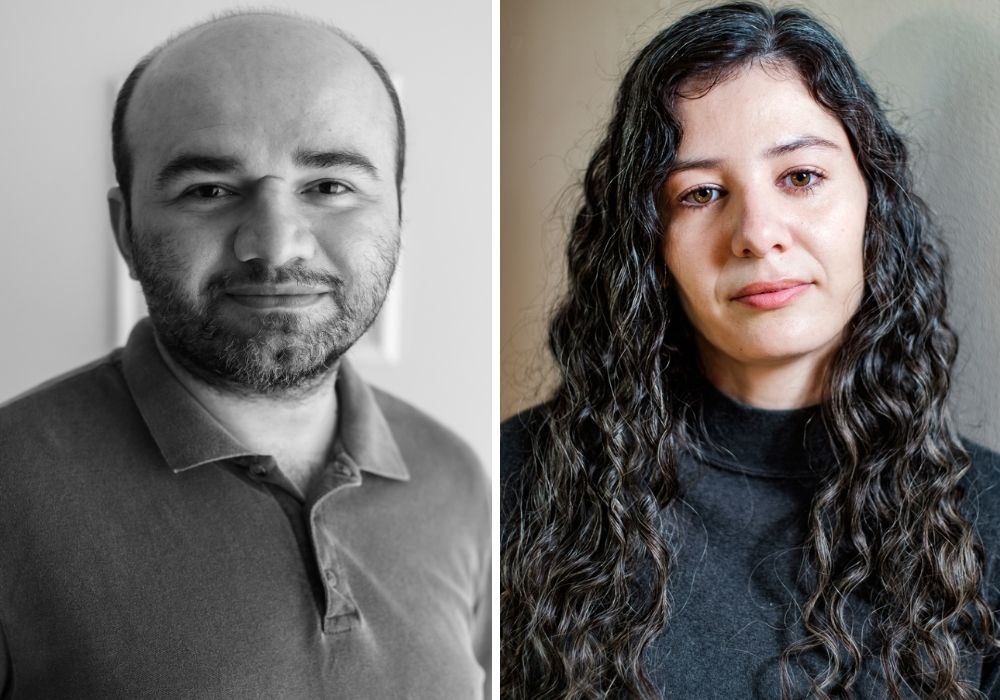Susan Harris introduces our tenth Queer issue.
Nearly a decade ago, our former editor Rohan Kamicheril planned an issue of queer writing. The issue proved so popular, and so reflective of our editorial vision, that we decided to make it an annual event. You’ll find queer writing at WWB throughout the year, but our June issues have provided a space to bring this multiplicity of voices into conversation with each other and with readers. This month we bring you our tenth Queer issue.
This time around we’re presenting nine short prose works and a single poem. The characters are united by several themes: they seek success in love and work; they find themselves in the grip of romantic obsession and preteen confusion; others find themselves points of obtuse (in multiple senses) triangles and objects of surprising affections. All the pieces are told in the first person, lending intimacy and immediacy to the events they describe.
Short fiction has been a mainstay of our queer issues from the very first, showcasing some of the form’s master practitioners. This year is no different. Afro-Caribbean writer Yolanda Arroyo Pizarro won the National Short Story Prize of the PEN Club of Puerto Rico in 2013 for her collection Las Negras. Known for exploring the limits of female characters who challenge hierarchies of power, here she traces a relationship that morphs from bullying to bond. Muscular young teen Elena fights her way into a tough boys’ gang as they pummel the effeminate Ricardo. As she navigates often-confusing social and sexual currents, and faces her own crush on the alluring Johana, her relationships with both the gang members and their target evolve.
The Italian writer Matteo Bianchi, too, is adept at exploring characters who move with tentative steps across unfamiliar territory, often defying expectations along the way. His work Cher upon a Midnight Clear, a “fairy tale for adults,” looks at a little boy’s love of what his parents consider girls’ toys. The prolific Bianchi, whose work also includes an edited volume of American gay fiction in Italian translation, first graced our pages in August 2004 with “Maternal Love,” an antic, affectionate tale of two very different people whose paths cross at the Padua pride parade. He’s one of our favorites, and we’re delighted to welcome him back with a story set in the late eighties. An anxious college student picks up a working man, then finds himself falling for him. As they warily move into a relationship, Bianchi deftly sketches the milieu, showing the jumpy narrator warily maneuvering among friends, family, and fellow students as his feelings for Alessandro deepen. Can these men defy societal and familial expectations to find happiness? As in “Maternal Love,” Bianchi provides a surprising, deeply satisfying answer.
As celebrated Chinese author Lu Min demonstrates, power structures can be inverted and exploited, and boundaries defied. Lu, a rare out lesbian in China, has collected multiple awards for her fiction, which has been translated into nine languages. In “Scissors, Shining” she finds a young apprentice to a village tailor measuring clients and sizing up their relationships with his enigmatic boss. When a neglected wife attempts to interest the tailor in a more intimate assessment, the apprentice finds himself caught in a different sort of calculation. Min deftly captures the woman’s desperation and the tailor’s inexplicable lack of interest through the lens of the apprentice’s innocence, as the bewildered teen struggles to make sense of the emotional turmoil. As Master Song’s tiny shop becomes a site of assumptions overturned and boundaries violated, Min captures the potential for abuse in all hierarchies.
The power structures that provide the mooring for Montenegrin novelist and screenwriter Stefan Bošković’s short story are both personal and professional. In his “Search: Porn” a fading fiction writer arrives at the home of his editor (and former lover) for a dinner that quickly goes pear-shaped. Arlen thinks they’ll be negotiating edits to his short story collection; instead, his editor and the latter’s new girlfriend serve up a demonstrative display, interrupting their embraces only long enough for his editor to announce that he intends not to publish the book at all. Reeling from this double rejection, Arlen brings the evening to a vivid conclusion worthy of 2016 Festival of European Short Stories runner-up Boškovic.
Is outright rejection worse than being strung along? Icelandic poet and novelist Kári Tulinius asks in “Abel’s Autobiography.” Abel falls in love with Jerome, who is in an open relationship with the genderfluid Lionel. Abel’s infatuation with Jerome is soon equaled by his jealousy of Lionel; he turns to spying, stalking, and a singularly poor decision, all related in a breathless syntax that mirrors his headlong obsession.
In “So Long, Luise,” noted French novelist Céline Minard asks what happens when our syntax is not our own. Minard, who has explored topics including space travel, medieval history, and the Western, provides a giddy peek into an elaborate literary hoax. While outlining her will, the narrator, a Parisian celebrated for writing in English, cheerfully confesses that, in fact, her books were written in French; the English versions are translations. She traces the impetus for her imposture to her great love, Paige, an Australian whose mother tongue launched the author’s professional (and personal) triumphs.
Speaking of triumphs, we’re particularly pleased to salute the increasing visibility of queer writers in Korea with a selection edited by star translator Anton Hur. As Hur notes in his exuberant introduction, Korean literature has long had queer undercurrents, but only recently have writers felt free to be explicitly out. Highlighting the work of four contemporary voices, Hur brings us some of the freshest, most exciting work we’ve published.
Lee Jong San’s novel Customer is the first of a trilogy that takes place on a future Earth. The narrator, Suni, comes from a desert region whose residents are known as “worms.” Selected for a scholarship to a prestigious school in a well-to-do city, she begins a romance with her roommate, an androgyne, and encounters the subculture of “customers,” people who undergo a variety of body modifications, or “customs.” In Customer Lee creates a world where people can mutate and enhance their physical forms to match their emotional make-ups.
The body looms large in Lee Hyemi’s poetry, as well, which is characterized by fluidity and immersion. In “The Cupboard with Strawberry Jam” Lee contributes an erotic ode grounded in lush metaphor. Lee has spoken out on sexual harassment, both within Korean literary circles and the global #metoo movement; as with her activism, her poetry recreates and holds space for agency and queerness in female sexuality.
In counterpoint to the work of Lee and Lee, Kim Hyejin’s novel About My Daughter and Kim Bong-gon’s “College Folk” confront the shaming and rejection faced by many who identify as queer, often by those closest to them. In an excerpt from About My Daughter, a widow invites her underemployed daughter to move in, but is less hospitable to a third party. The mother, a caregiver in a nursing home, struggles to accept her daughter’s sexuality and her partner; the younger women, in turn, fight poverty and sexual discrimination. In her portrait of the resistant mother and the stubborn couple, Kim draws a nuanced portrait of a clash both generational and social.
A student saves a professor from scandal, then finds himself in a position to embroil them both in a new one in Kim Bong-gon’s “College Folk.” In an interview with the Korean Literature Institute, the author notes that the story was his first in which he both took his time and included his own experiences, and declares, “it contains my three favorite elements: queer, liberal arts, and romance.”
“Queer, liberal arts, and romance” are some of our favorite elements, too, and we find ourselves in increasingly larger company in this than when our first Queer Issue came out in 2010: same-sex marriage is legal in the US, Ireland, and many other countries, most recently Taiwan; the Edith Windsor case has granted same-sex spouses the benefits of heterosexual couples; Iceland, Belgium, Luxembourg, Serbia, and Ireland have elected openly gay prime ministers, and an openly gay man is among the many declared candidates for the US presidency. Yet Brunei recently declared same-sex activity punishable by stoning; the US military now bars transgender applicants; and the self-professed homophobia of Brazil’s president, Jair Bolsonaro, stoked the atmosphere that made it necessary for our Afro-Brazilian contributor Jean Wyllys to flee for his safety. Come what may, rest assured we’ll still be here with stories that celebrate the queer experience in all its plurality. We hope you’ll enjoy the selection we present here.
© 2019 by Susan Harris. All rights reserved.










